How to make and instructions for use of grab knots
How to make and instructions for use of grab knots
A grab knot is a small piece of auxiliary rope made to wrap around a climbing rope to increase friction. Grab knots slide easily over a climbing rope, but lock the rope from falling when under load.
They are most commonly used for descents, but are also very useful in a variety of emergency situations, such as ascending on ropes or escape systems.
Grip knot specifications
Whether you are using a grab knot on one mainline or two mainlines, Walking the World recommends that the diameter of the grab knot should be 60% to 80% of the diameter of the mainline. if you use a grab knot that is too thin, it will easily tense up under stress and will be difficult to move freely for subsequent operations. If you use a knotty rope that is too thick, it will not have enough friction to lock when you need to stop the fall.
In general, 6mm grab knots work well on ropes around 10mm in diameter, while 5mm grab knots work better on ropes around 8mm in diameter.
The length of the auxiliary rope used to make the grab knot is usually 1.2 m-1.5 m.
Walking the Sky suggests generally using a double or triple fisherman's knot to connect the beginning and end of the grabbing rope.
Grasping the material of the knot
Grab knots are usually made from auxiliary rope made of nylon and tied into a loop with a double or triple fisherman's knot.
Some special applications can choose a grip knot with a heat-resistant outer skin, which is less likely to melt and be damaged under heavy friction.
The grab knot rope should not be too stiff or it will not provide effective friction on the main rope. You should test the fit of the grab knot and your main rope before using it so you can determine if it is effective.
If you plan on using your scrunching knots often, you might consider purchasing some pre-turned and sewn scrunching knots. They come in a variety of forms, either without the large knots or with the knots sewn together and wrapped in a plastic sleeve.
Prussian knot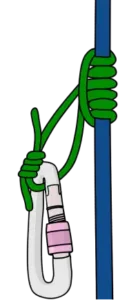
vantage
- Very safe when weighted
- Provides effective locking in both up and down directions
drawbacks
- Often difficult to loosen for recovery when locked up tightly after being subjected to a large load
best fit
- In situations where it is not necessary to keep the grip knot slidable at all times (e.g., escape systems)
How to use the Prussian Grip Knot
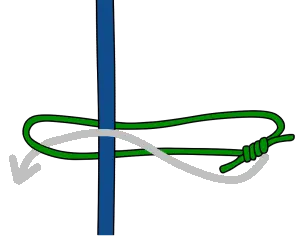
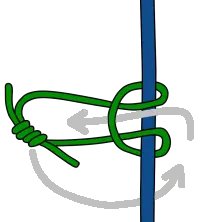
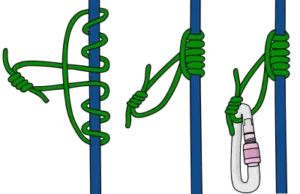
French-style scrunchie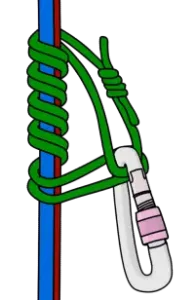
vantage
- Easy to install and uninstall
- Easily loosened for recovery after weight bearing
drawbacks
- Used for relatively easy sliding on the way up
best fit
- As a secondary protection during descent
How to use the French Grab Knot
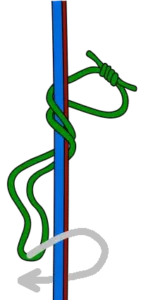
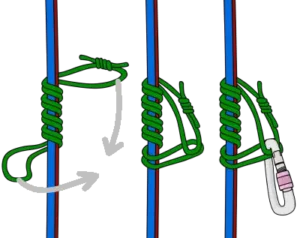
Some notes on knot gripping
-Grip knots are not full strength attachment points. Usually used as secondary protection.
-Make sure not to roll the double fisherman's knot into any part of the grab knot that is in frictional contact with the main rope. This will greatly reduce the friction effect of the grappling knot.
-The number of wraps on a Grab Knot should be increased or decreased depending on the stiffness of the rope, rope diameter, and moisture conditions, with a minimum of three wraps. Before using any grab knot, test it to see if it locks and loosens well.
-If you don't have a knot grabbing rope, you can use a flat belt instead. But the flat belt is not very effective, but it will help you get out of tricky situations. Narrow nylon flatbands are better than Hercules flatbands because the Hercules material is too smooth. Once you use a flat belt as a grabbing knot, don't use this flat belt for any other purpose other than the purpose of making a grabbing knot, only continue to use it as a grabbing knot purpose.
-If a grab knot is used in an environment where it could fail (for example, on a wet or icy rope), it is best to use two different types of friction-locking gear (and of course a full-strength backup). If the environment causes one of the grab knots to slip or fail, the other will not fail under the same conditions.
-Check the knot catching rope regularly for wear and tear. Make sure the double fisherman's knot does not slide. When the grab knot looks old, get a new one.
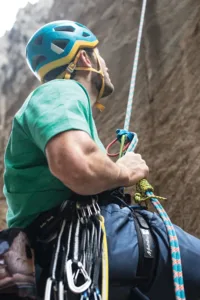
Walking the Sky 6mm Grip Knot Tensile Strength Test
Latest Outdoor Tutorials
ZOUTIANYA will regularly update the outdoor tutorials to bring easy-to-understand knowledge to our customers!

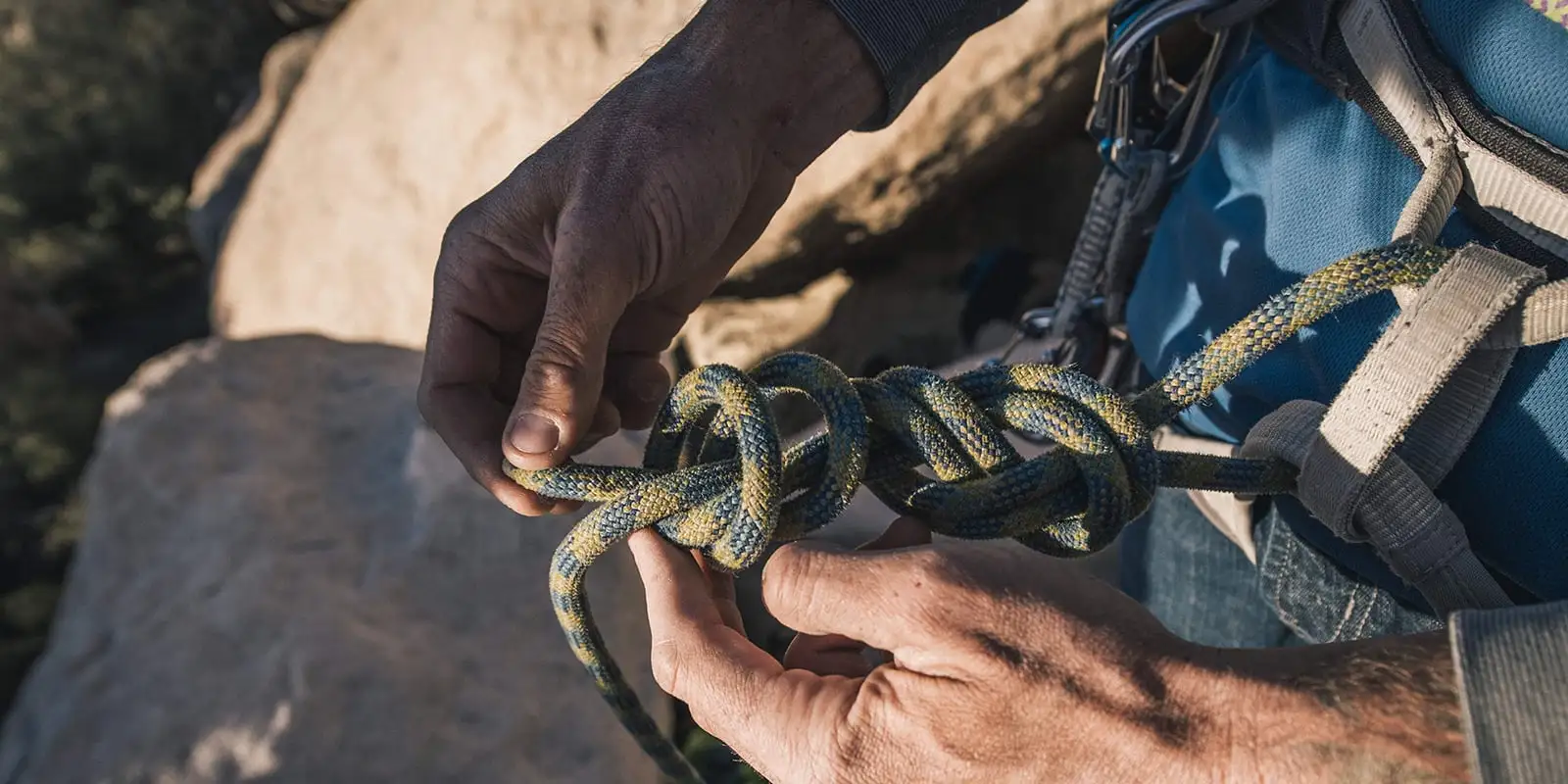
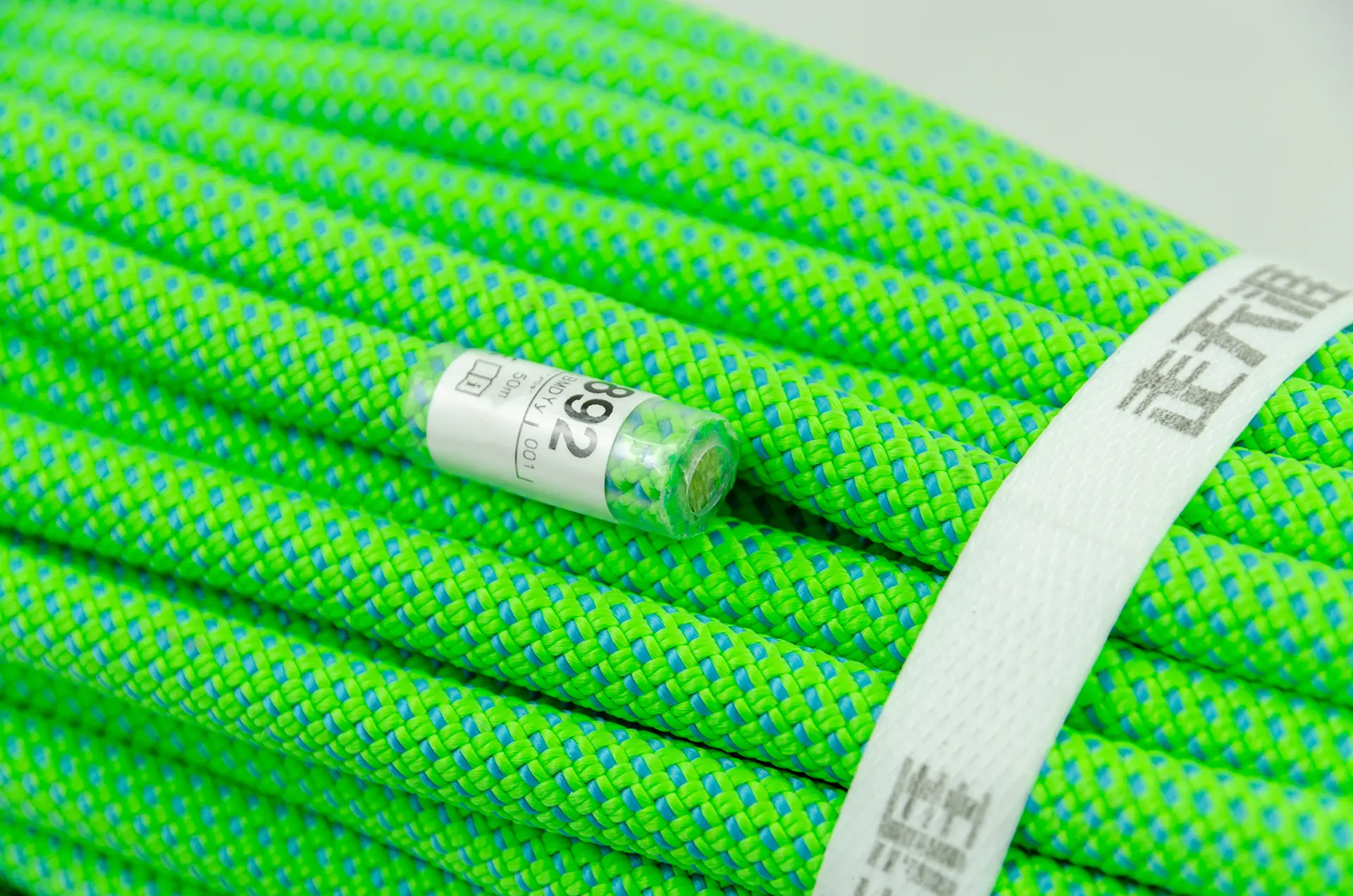
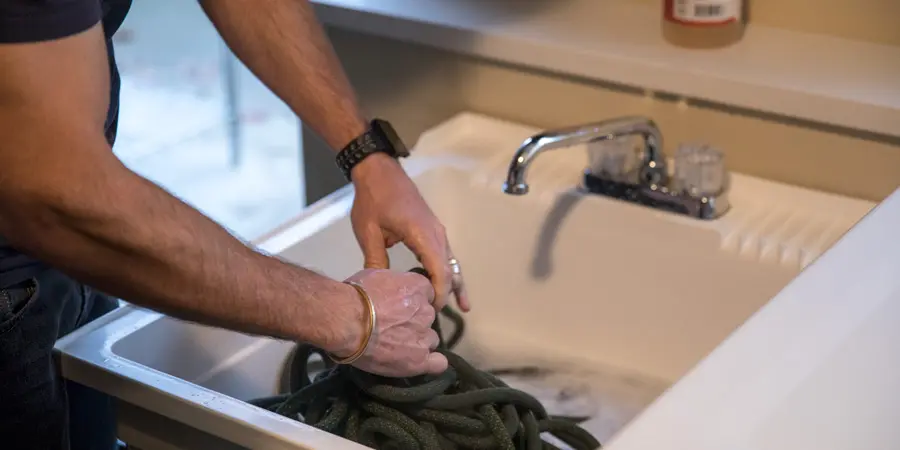

 Network Security No. 32120302000350
Network Security No. 32120302000350